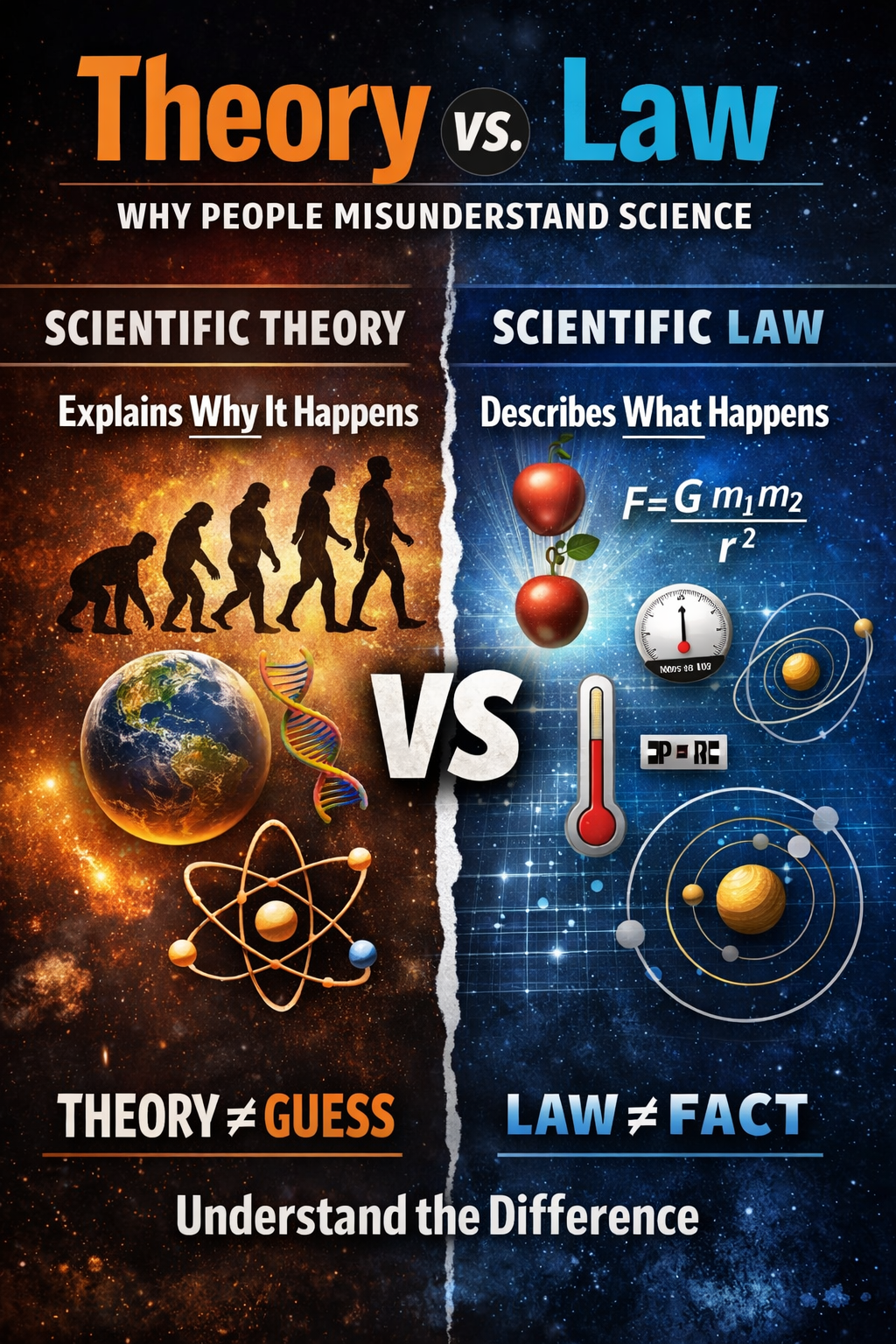God on Trial Day 4
The Morality Myth: Is God the Source of Right and Wrong?

Morality is often the final refuge of the believer.
When the cosmological arguments collapse, when the prayer studies fail, and when the fossil record refuses to bend to Genesis, many retreat to the same defiant position:
“Without God, there is no right or wrong.”
It sounds profound. It’s meant to shut down the conversation.
But it’s wrong—demonstrably, dangerously wrong.
The Euthyphro Problem
The first fatal crack in divine morality came over 2,000 years ago, courtesy of a man named Socrates. In Plato’s Euthyphro, he posed a question that still slices through the heart of religious moral claims:
Is something good because God commands it, or does God command it because it is good?
If the former, then morality is arbitrary. God could declare murder virtuous and honesty sinful, and we’d have no higher appeal. If the latter, then morality exists independently of God—and we don’t need Him to define it.
Either way, the divine moral monopoly is broken.
The Problem with Divine Command Theory
Many believers fall back on Divine Command Theory, which holds that God’s nature is the standard of goodness. This allows them to avoid the arbitrariness charge.
But here’s the problem: God’s "nature," as revealed in holy texts, isn’t exactly morally reassuring.
This is a deity who:
- Commands genocide (1 Samuel 15:3),
- Sanctions slavery (Exodus 21:20-21),
- Demands the death penalty for working on the Sabbath (Exodus 35:2),
- And allows Satan to torture a man for a bet (Job 1:6-12).
If this is the moral anchor of the universe, we’re adrift in sewage.
You can’t call God “good” while giving Him a pass for moral atrocities you’d condemn in any human leader. That’s not ethics. That’s tribal loyalty.
Secular Morality: A Better Standard
The evidence is clear: morality doesn’t require religion. In fact, it often improves when freed from it.
Moral reasoning doesn’t require belief
A 2014 study published in Science found that moral judgments were independent of religious belief—and in some cases, secular people demonstrated more consistent moral reasoning than the religious, particularly when authoritarian bias was removed (Gervais, 2014).
Moral progress often opposes religion
History is littered with moral advancements that began outside religious orthodoxy and were opposed by it:
- Abolition of slavery
- Women’s suffrage
- LGBTQ rights
- Interracial marriage
In all these cases, religious institutions were more likely to defend the status quo—and cite scripture to do it. Morality evolved despite religious resistance, not because of it.
Nonbelievers are just as moral (if not more)
Rates of violent crime, teen pregnancy, and divorce are higher in highly religious U.S. states than in more secular ones (Paul, 2005). Globally, some of the most peaceful, generous, and well-functioning countries—Norway, Sweden, Japan—are also the least religious.
So no, morality is not founded on faith. It’s rooted in empathy, social cooperation, and the innate human capacity to understand harm and fairness.
If God Is Morality, Why Does It Evolve?
Religious morality changes. Radically.
The same churches that once defended segregation now preach diversity. The same books that were used to silence women are now used to “empower” them. God’s unchanging moral law seems awfully subject to human reinterpretation.
Why? Because religion doesn’t drive morality.
Culture does.
We drag God forward with us, not the other way around. When society evolves, believers retrofit new ethics into old texts and claim it was there all along.
It wasn’t.
Can Atheists Be Good Without God?
Yes. They already are.
Atheists and agnostics consistently demonstrate ethical behavior that rivals or surpasses their religious peers—not because they fear punishment or seek heavenly reward, but because they recognize a deeper truth:
Being good is its own reward.
When you help a stranger, tell the truth, or stand up for justice without expecting celestial brownie points—you’re not just moral.
You’re free.
Final Verdict: The Moral Argument Fails
The idea that God is the source of morality isn’t just flawed—it’s backwards.
Morality isn’t handed down from above. It’s built from the ground up—shaped by evolution, reason, compassion, and cultural learning.
If your god needs the threat of hell to make people behave, then he’s not moral—he’s a warden.
And if religion is the only thing keeping someone from theft or murder, we don’t need faith—we need therapy.
In this courtroom, moral claims require more than verses. They require consistency, universality, and justification. Divine morality provides none.
Case dismissed.
Coming Tomorrow:
“The God of the Gaps – Hiding in the Unknown”
We’ll examine how religion survives not by explaining the world—but by retreating into whatever science hasn’t explained yet.
References
- Gervais, W. M. (2014). Everything is permitted? People intuitively judge immorality as representative of atheists. Science, 336(6080), 493–496. https://doi.org/10.1126/science.1214533
- Paul, G. S. (2005). Cross-National Correlations of Quantifiable Societal Health with Popular Religiosity and Secularism in the Prosperous Democracies. Journal of Religion & Society, 7, 1–17.
- Plato. (c. 399 BCE). Euthyphro. Translated by Benjamin Jowett.
- Exodus 21:20-21, 1 Samuel 15:3, Job 1:6-12, Exodus 35:2 — New International Version Bible
Disclaimer:
The views expressed in this post are opinions of the author for educational and commentary purposes only. They are not statements of fact about any individual or organization, and should not be construed as legal, medical, or financial advice. References to public figures and institutions are based on publicly available sources cited in the article. Any resemblance beyond these references is coincidental.











